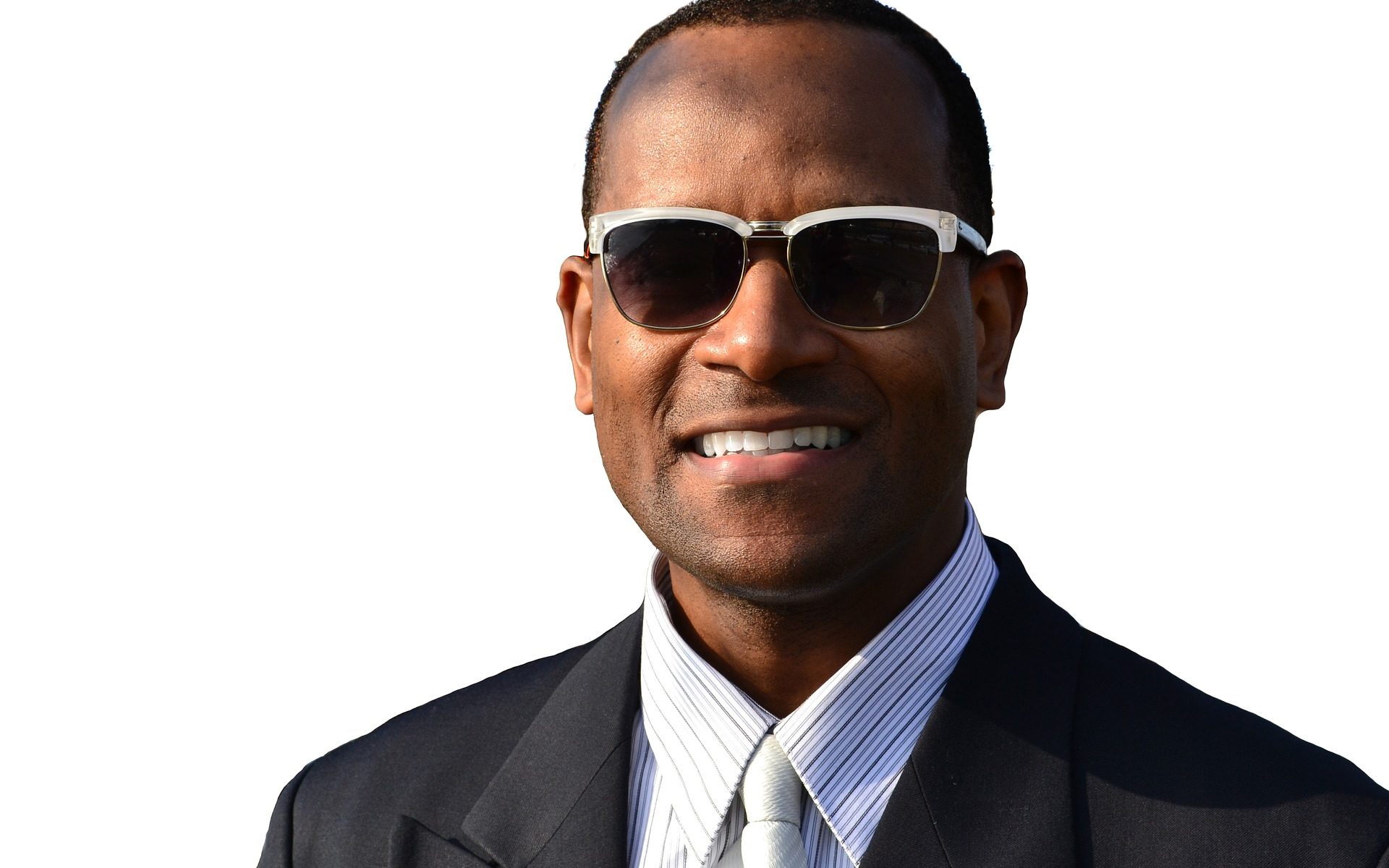This week is a Special Guest Post – Bud Bilanich has been recognized on ABC, NBC, CBS, CNN and countless other news programs and publications. He has devoted his talents and passion to being a top life and career success coach with companies like Chase, Johnson&Johnson, Merck, PepsiCo and countless others benefiting from his work. His message is valuable for high school students as well as those in college and already in the workforce. I hope you will enjoy his work as much as I do:
I love Marla Brady’s College and Career blog. She packs a ton of common sense advice into each post. That’s why I was flattered when she asked if I would contribute a guest post. I help young professionals – those who are just out of college get on the right track to life and career success.
Receiving your degree is a great accomplishment. I remember how proud I was way back in 1972 when I became the first person in my family to graduate from college. But as I began my career, I learned that there is a lot about life and career success that they don’t teach you in college.
I made a lot of mistakes as I went about creating my career success. I’m hoping that I can help young people just beginning their careers to get the benefit of the knowledge I gained through experience with having to deal with the frustration and pain that sometimes come with gaining experience firsthand. So I’ve written down some of the things I’ve learned about what it takes to succeed in your life and career. This is advice I wish I had when I graduated from Penn State in 1972. I hope you find it helpful.
I’ve found that all successful people have five things in common.
- Successful people are self-confident.
- Successful people create positive personal impact.
- Successful people are outstanding performers.
- Successful people are dynamic communicators.
- Successful people are interpersonally competent.
Self-confident people have at least three things in common:
- Self-confident people are optimistic.
- Self-confident people face their fears and take action.
- Self-confident people surround themselves with positive people.
People who create positive personal impact have at least three things in common:
- People who create positive personal impact develop and constantly promote their personal brand.
- People who create positive personal impact are impeccable in their presentation of self.
- People who create positive personal impact know and practice the basic rules of etiquette.
Outstanding performers have at least three things in common:
- Outstanding performers are technically competent. They remain technically competent because they are lifelong learners.
- Outstanding performers set and achieve goals.
- Outstanding performers are organized. They manage their time, stress and lifestyle well.
Dynamic communicators have at least three things in common:
- Dynamic communicators are excellent conversationalists.
- Dynamic communicators write in a clear, concise easily readable manner.
- Dynamic communicators are excellent presenters – to groups of two or 100.
Interpersonally competent people have at least three things in common:
- Interpersonally competent people are self aware. They understand themselves and their impact on others. They use their self awareness to increase their understanding of others.
- Interpersonally competent people build solid, long lasting mutually beneficial relationships with the people in their lives.
- Interpersonally competent people are able to resolve conflicts with a minimal amount of problems and upset to relationships.
When my niece graduated from Florida State several years ago, I wrote a little book called An Uncle’s Advice to His Niece on Her College Graduation. Inside, you’ll find my thoughts on each of the success characteristics above and my best advice on how you can use them to build the life and career success you want and deserve.
You can download a free copy at http://www.budbilanich.com/uncles-advice/. When you download the book, you’ll also get a bonus. You’ll begin receiving daily life and career success quotes that have helped me on my life and career journey.
There’s a reason they call college graduation ceremonies “commencements.” As you leave college you are commencing on a new and exciting phase of your life. You are commencing on a career. I hope that you find the career advice in An Uncle’s Advice…to be helpful. You have my very best wishes for a lifetime of success.










